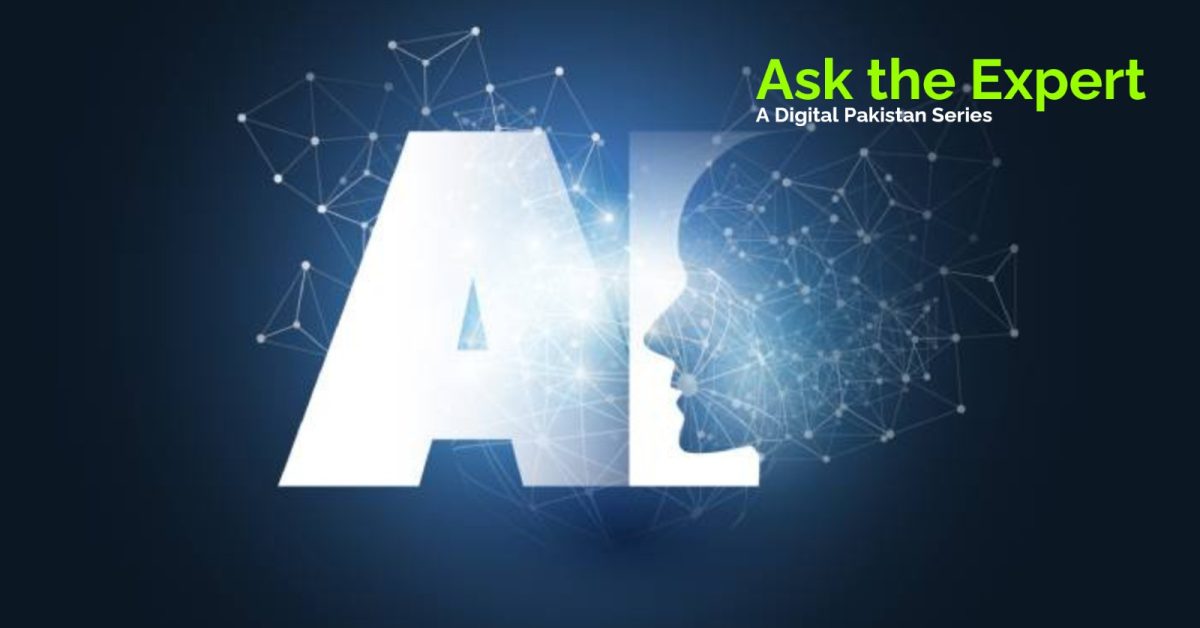
Exploring Capabilities & Concerns of Generative AI
May 31, 2023
What if Supercars were Manufactured in Pakistan?
June 25, 2023Gen AI impact on Industries: How will Customer Service, Medical & Banking Evolve?
Technologies like ChatGPT, GitHub Copilot, and Stable Diffusion have paved the way for the integration of AI applications into various products and services that we use daily. While AI has gradually permeated our lives, its progress has often gone unnoticed. It has quietly found its way into our smartphones, autonomous driving features, and retail tools, subtly enhancing our experiences.
However, the recent wave of generative AI tools, such as ChatGPT, has captured the imagination of people worldwide. These tools offer broad utility, allowing almost anyone to use them for communication and creativity. While these applications can perform routine tasks like data organization and classification, it is their capacity to write text, compose music, and create digital art that has made headlines and enticed individuals and households to experiment with them.
Generative AI has witnessed remarkable advancements, and the rapid influx of investments reflects the swift development of its capabilities. Progression from ChatGPT to GPT-4 just took OpenAI four months. GPT-4 showcased significant improvements, highlighting the accelerated pace of innovation in large language models (LLMs. Within a span of two months, Anthropic’s generative AI system, Claude increased its text processing capability from 9,000 tokens to 100,000 tokens, equivalent to an average novel. Just recently, in May 2023, Google unveiled new features of the Search Generative Experience and introduced a new LLM named PaLM 2, which would power its Bard chatbot and various other Google products. These developments exemplify the widespread integration of generative AI across different industries and services.
Let’s see how Generative AI is expected to impact different aspects of diverse industries ranging from customer interactions to complex technological developments.
Customer Services
By leveraging digital self-service and augmenting agent skills, generative AI can significantly enhance the customer experience and boost agent productivity. Generative AI has the capability to reduce the volume of human-serviced contacts by up to 50 percent, depending on the level of existing automation within a company. This can be achieved through various means:
- Resolution during initial contact: Generative AI can instantly access and retrieve customer data, enabling human customer service representatives to more effectively answer questions and resolve issues during the initial interaction. This improves the efficiency and satisfaction of customers.
- Reduced response time: By providing real-time assistance and recommending next steps, generative AI can significantly reduce the time human sales representatives spend responding to customers. This enables faster and more efficient sales processes.

- Increased sales: Generative AI can rapidly process data on customers and their browsing histories, allowing it to identify product suggestions and tailored deals based on customer preferences. This personalized approach enhances the potential for increased sales and customer satisfaction.
- Quality assurance and coaching: Generative AI can gather insights from customer conversations, identifying areas that could be improved and providing coaching to agents. This improves the overall quality of customer interactions and helps agents enhance their skills.
By leveraging generative AI in customer operations, companies can automate a significant portion of customer inquiries, reduce response times, drive sales, and improve the overall quality of customer service. The technology has the potential to transform customer care processes and create more efficient and satisfying experiences for both customers and agents. It is estimated that the value generated from leveraging generative AI in customer care could range from 30 to 45 percent of the current costs associated with the function.
Generative AI can unleash 30-45% boost in productivity of customer care functions.
Pharmaceutical and Medical-Product Industries
Implementation of generative AI has the potential to make a significant impact on the pharmaceutical and medical-product industries, with estimated annual value ranging from $60 billion to $110 billion. This high potential stems from the resource-intensive nature of the drug discovery process. Pharmaceutical companies typically allocate around 20 percent of their revenues to research and development (R&D), and it takes an average of ten to 15 years to develop a new drug. For instance, one critical stage in the drug discovery process, lead identification, traditionally takes several months using deep learning techniques. By leveraging foundation models and generative AI, organizations can potentially complete this step in a matter of weeks, accelerating the overall drug development process.
- Target Identification: Generative AI models can analyze large volumes of biomedical data, including genomic, proteomic, and clinical data, to identify potential therapeutic targets. By integrating diverse data sources and applying advanced algorithms, generative AI can identify new targets for drug development, enabling the discovery of innovative treatments.
- Drug Design and Optimization: By simulating molecular interactions and predicting their properties, generative AI models can guide researchers in selecting and refining promising drug candidates. This leads to more efficient and targeted drug development processes, increasing the likelihood of success.

- Personalized Medicine and Treatment: Generative AI can facilitate personalized medicine by analyzing patient data and genetic information to identify optimal treatment approaches. By considering individual variations and response patterns, generative AI models can help healthcare providers tailor therapies to specific patient needs, improving treatment outcomes and reducing adverse effects.
- Clinical Trials: Generative AI can optimize clinical trial design by identifying patient populations that are more likely to respond positively to a particular treatment. By considering various factors such as biomarkers, demographics, and medical history, generative AI models can assist in selecting appropriate trial participants, improving trial efficiency, and reducing costs.
- Drug Repurposing and Combination Therapy: Generative AI can analyze vast amounts of biomedical literature and databases to identify potential drug repurposing opportunities and combination therapies. By uncovering previously unrecognized relationships between drugs and diseases, generative AI can expedite the development of new treatment options and expand the utility of existing drugs.
- Precision Drug Formulation: Generative AI can assist in optimizing drug formulations by predicting stability, solubility, and other critical factors. This can help improve drug delivery systems, dosage forms, and formulation strategies, enhancing drug efficacy and patient compliance.
Banking & Financial Services
Generative AI has the potential to make a substantial impact on the banking industry, generating increased productivity valued at 2.8 to 4.7 percent of annual revenues, which translates to an additional $200 billion to $340 billion. The banking industry, being knowledge-intensive and technology-driven, has already experienced significant benefits from the application of artificial intelligence in areas such as marketing and customer operations. However, generative AI applications offer additional advantages, particularly in text-based domains like regulations and programming languages, as well as in customer-facing operations. For example, Morgan Stanley, one of the leading financial service providers is building an AI assistant using GPT-4, with the aim of helping tens of thousands of wealth managers quickly find and synthesize answers from a massive internal knowledge base.
- Enhanced Customer Experience: Generative AI can personalize customer experiences by analyzing customer data and generating tailored recommendations, offers, and financial solutions. Chatbots powered by generative AI can provide personalized assistance, answer customer queries, and offer real-time support, improving overall customer satisfaction and engagement.
- Improved Decision Making: Generative AI models can analyze vast amounts of financial data, market trends, and customer behavior to generate insights and predictions. This enables banks to make data-driven decisions, optimize risk management strategies, and identify new business opportunities more effectively.

- Fraud Detection and Risk Management: Generative AI solutions can enhance fraud detection capabilities by analyzing patterns, anomalies, and transactional data in real-time. It can generate alerts and identify suspicious activities, enabling banks to take proactive measures to prevent fraud. These models can assess and mitigate risks by generating simulations and scenarios, improving risk management processes.
- Automated Compliance and Regulatory Processes: Generative AI can assist banks in complying with complex regulatory requirements. By analyzing regulatory texts, generative AI models can extract relevant information and assist in automating compliance processes, ensuring adherence to regulations and reducing manual efforts.
- Personalized Financial Planning and Advice: Generative AI can generate personalized financial plans and investment strategies based on individual customer goals, risk profiles, and market conditions. This helps customers make informed decisions and receive tailored advice, improving their financial well-being.
About the writer: Dr. Usman Zia is an Assistant Professor at the School of Interdisciplinary Engineering and Sciences (SINES), National University of Sciences and Technology (NUST), Pakistan. His research interests are Natural Language Processing, Language Models and Machine Learning. He has authored numerous publications on language generation and machine learning. As an AI enthusiast, he is actively involved in a number of projects related to generative AI and NLP.






